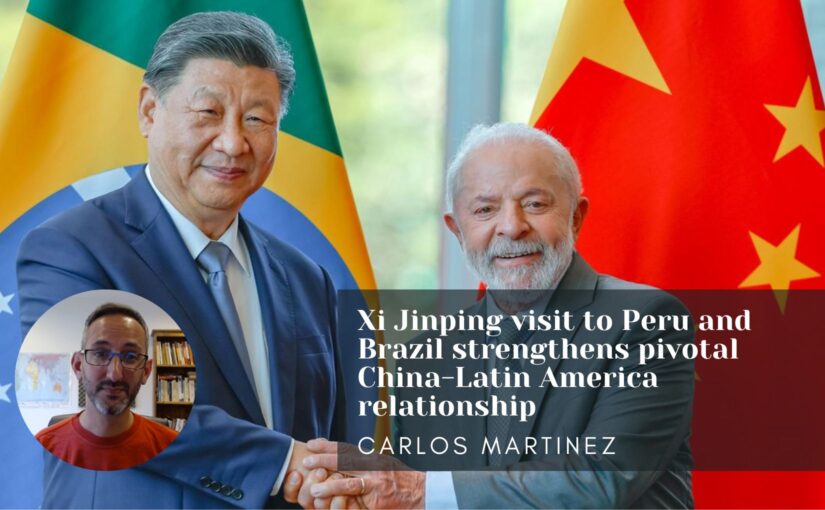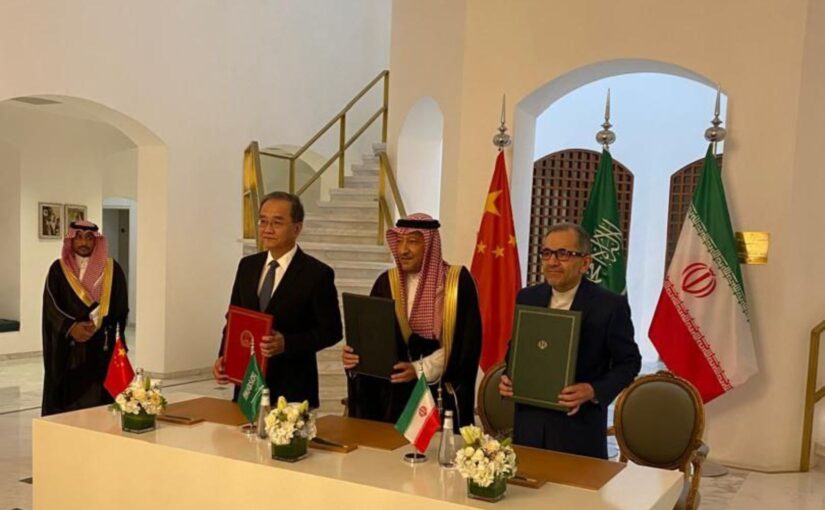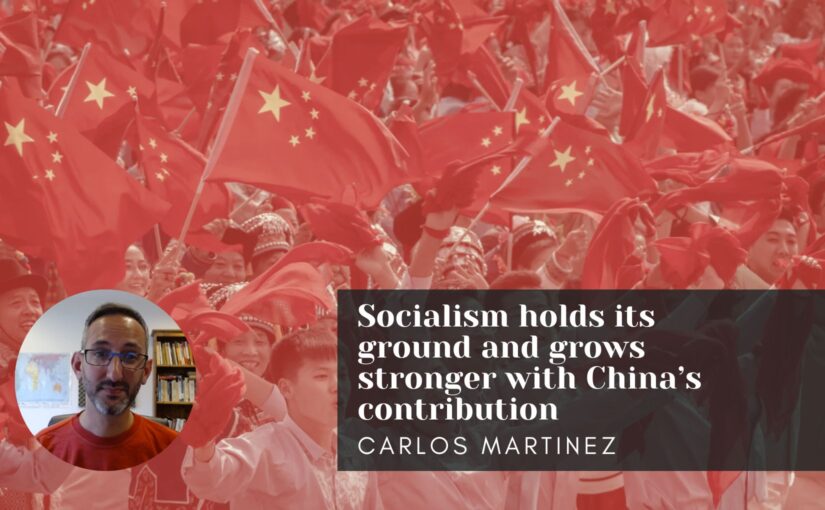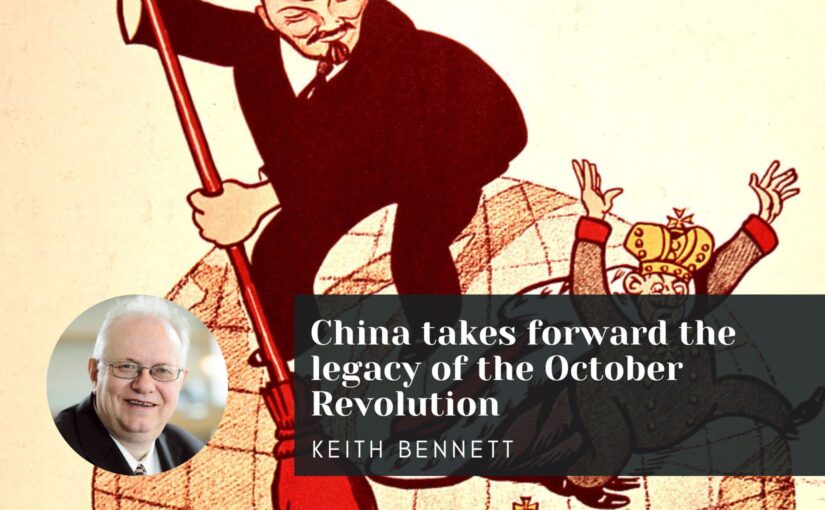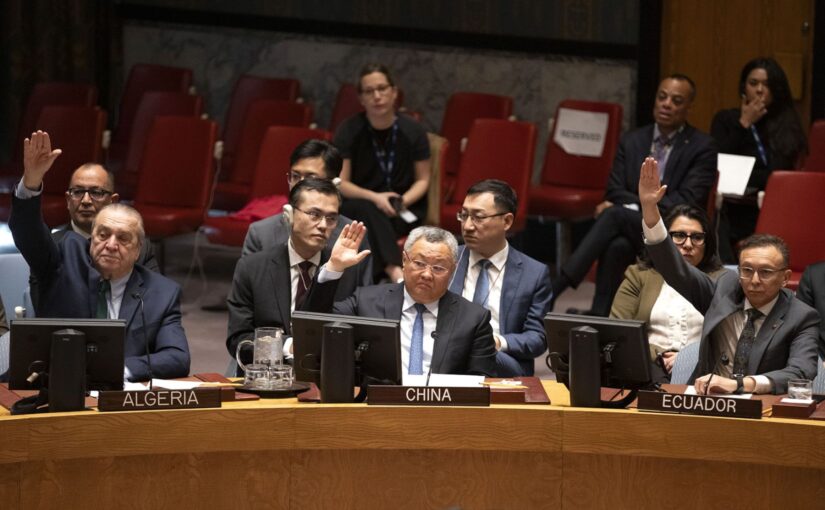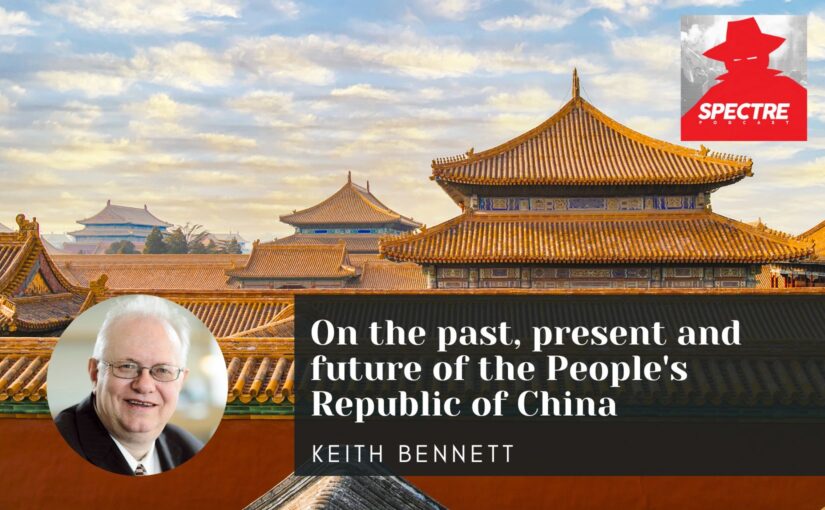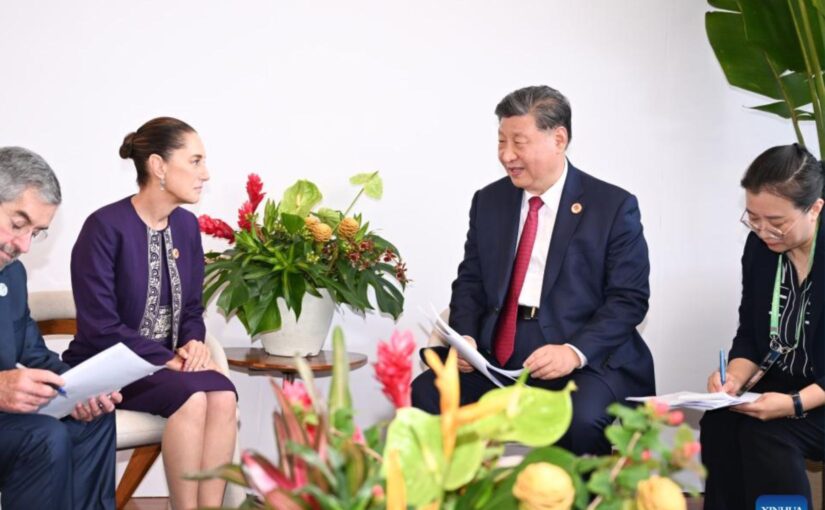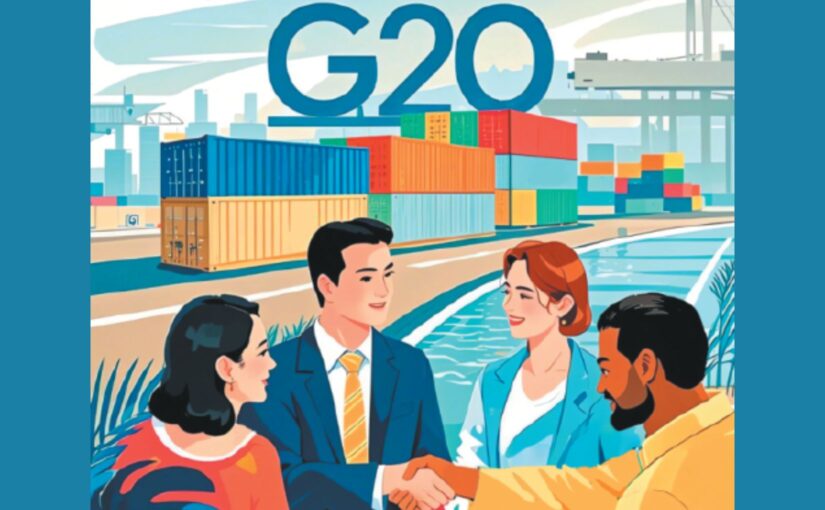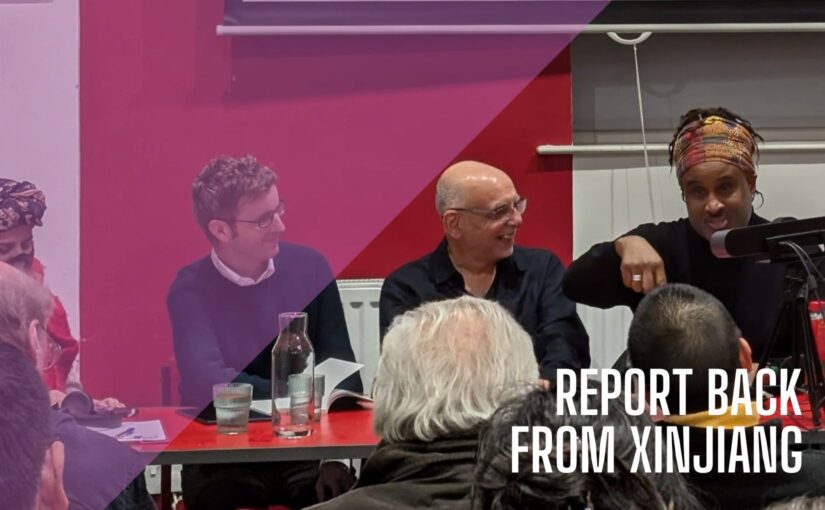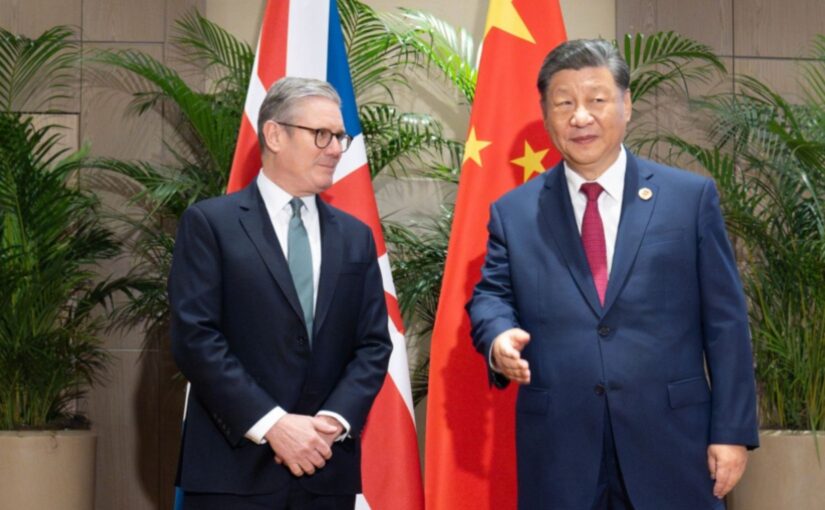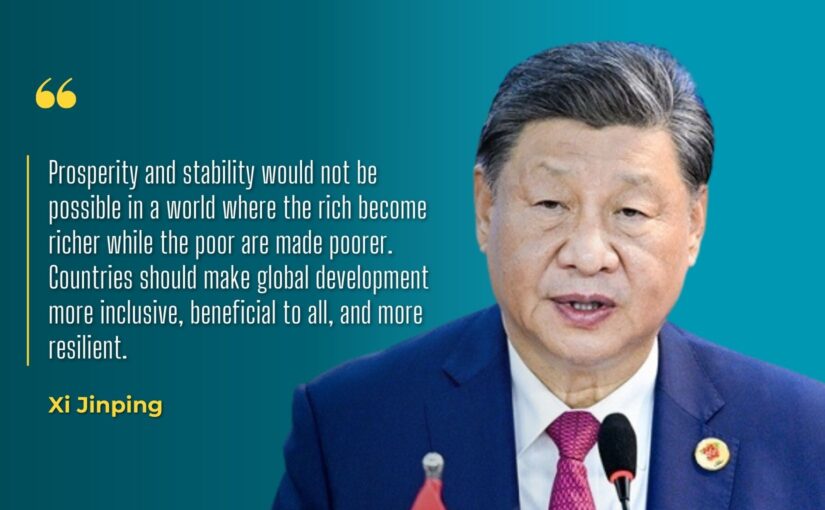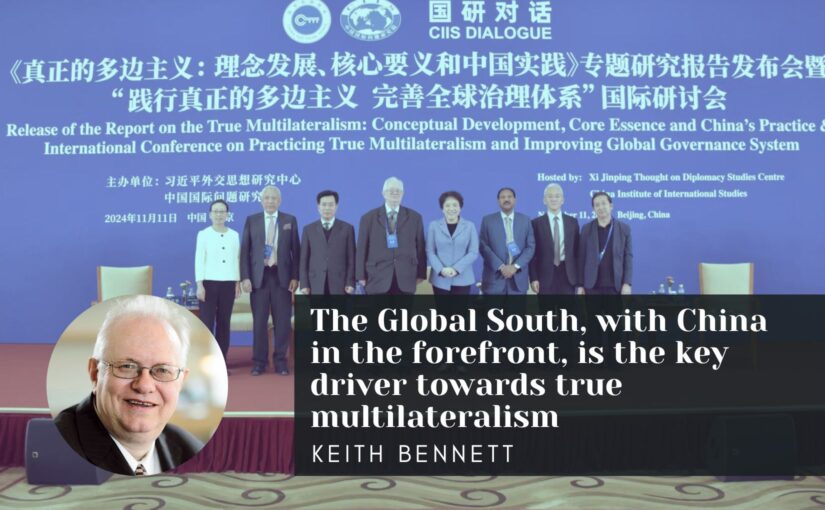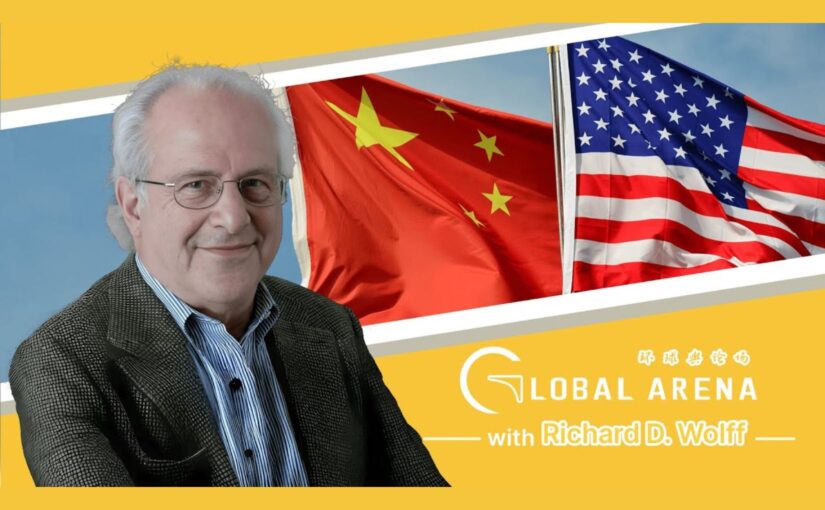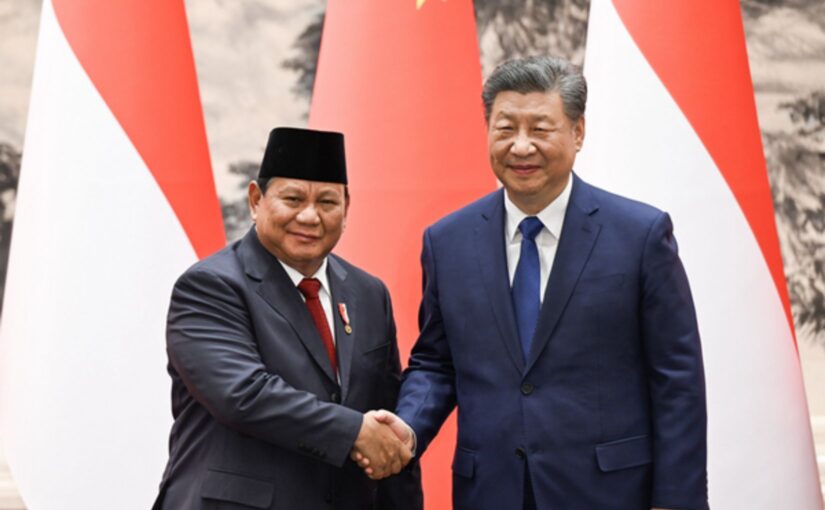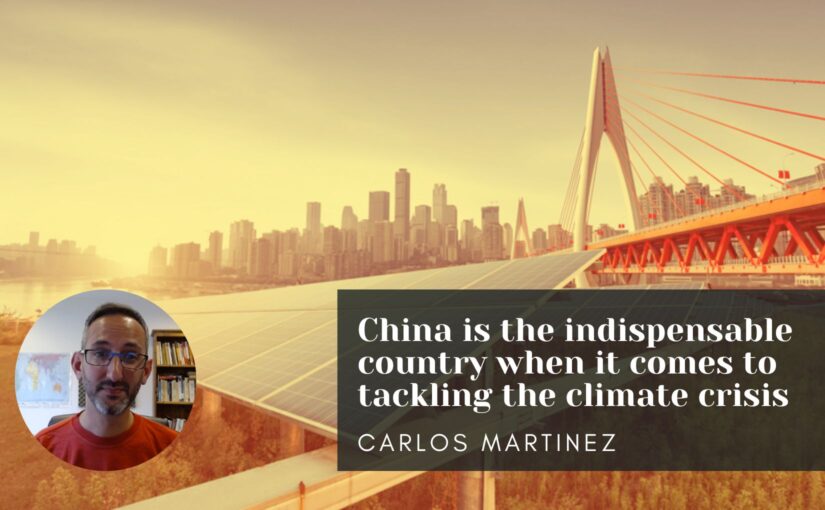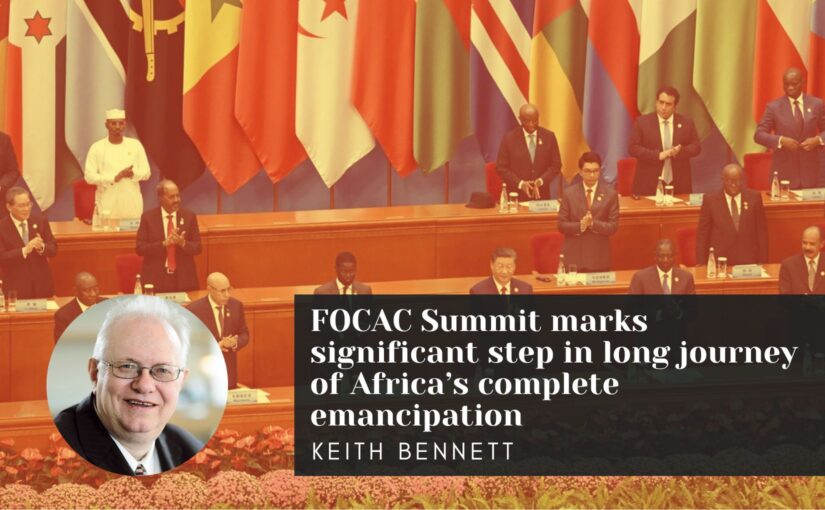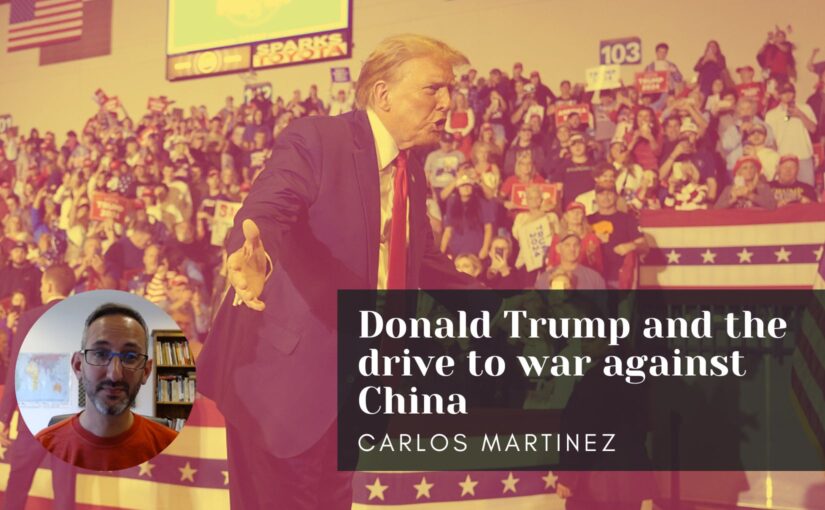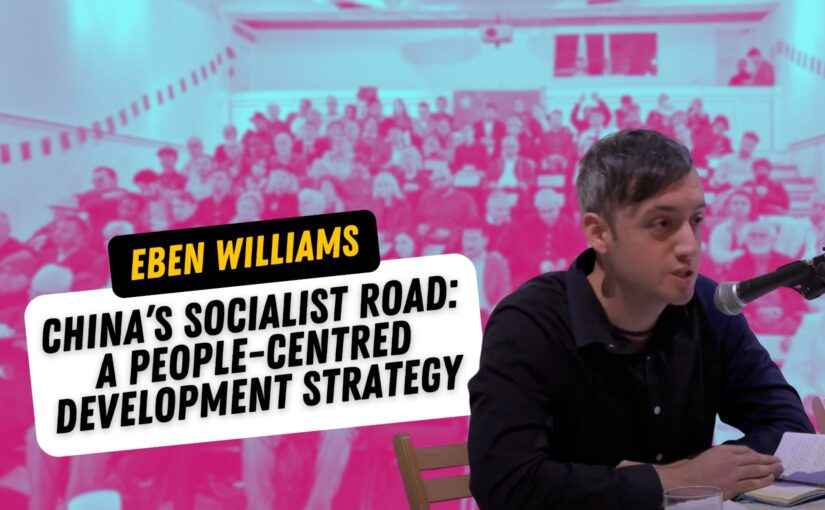In the following article, commissioned by China Daily, Carlos Martinez provides a brief overview of Xi Jinping’s recent visit to Latin America, where he attended the APEC Economic Leaders’ Meeting in Lima, paid a state visit to Peru, attended the G20 Summit in Rio de Janeiro, and paid a state visit to Brazil.
Carlos highlights the significance of the newly-inaugurated Chancay Port, which is set to provide enormous economic benefit not only to Peru but all the countries of the region, and which will substantially strengthen Latin American integration and trans-Pacific trade relationships.
Carlos contrasts the mutually-beneficial relationship between China and Latin America – and indeed the Global South more generally – with that between the US and Latin America, the US’s supposed “back yard”. China’s approach of respect for sovereignty, support for development, and non-interference in other countries’ affairs “stands in stark contrast to the neoliberal hegemony of the ‘Washington Consensus’, with its wars, destabilisation, unilateral sanctions, economic coercion, blackmail, tariffs, nuclear bullying, military alliances and overseas military bases.”
A version of this article is expected to appear in China Daily Global Edition in the coming days.
Chinese President Xi Jinping arrived in Lima, Peru, on 14 November to attend the APEC Economic Leaders’ Meeting and to pay a state visit at the invitation of Peruvian President Peru Dina Boluarte Zegarra.
While in Peru, Xi participated by video link in the opening of the Chancay Port, about 48 miles north of Lima. Chancay is a deep-water port with 15 berths, capable of accommodating some of the world’s largest ships. A shared project of China and Peru, built as part of the Belt and Road Initiative (BRI), it will serve as a crucial gateway linking Latin America and Asia, as well as promoting Latin American economic integration. Furthermore, it is Latin America’s first smart, green, low-carbon port, featuring advanced technologies such as automated cranes and electric driverless trucks.
With the opening of the port, average transportation time from South America to the Asian market will be reduced from 35 to 25 days. The Chancay Port will be a major boost for the regional economy, will create vast numbers of jobs, and will help to reduce poverty and inequality. In Peru alone, the port is expected to generate an additional 4.5 billion US dollars of revenue – just under 2 percent of the country’s GDP – and to create thousands of jobs.
Given that Peru shares borders with Brazil, Colombia, Chile, Ecuador and Bolivia, the port will serve as the starting point of a land-sea corridor between China and Latin America, giving rise to a dramatic increase in trade, investment, cooperation and friendship.
On 17 November, President Xi travelled from Peru to Rio de Janeiro, Brazil, to attend the 19th G20 Summit and to pay a state visit at the invitation of President Luiz Inácio Lula da Silva.
Particularly under the Workers Party (PT) governments of Lula and Dilma Rousseff, China-Brazil relations have gone from strength to strength in recent years. China has been Brazil’s largest trading partner for the last 15 years, and is a major investor in Brazilian industry and agriculture. Furthermore, Brazil is the largest supplier of agricultural imports to China.
At the conclusion of their bilateral meeting on 20 November, Presidents Xi and Lula announced that China Brazil ties would be elevated to a “community with a shared future for a more just world and a more sustainable planet”. Furthermore, the two sides will cooperate closely to align Brazil’s development strategy with the BRI.
Far from treating Brazil simply as a source of primary goods, China is increasingly cooperating with the Latin American giant on green energy, digital innovation, economic diversification, advanced infrastructure and industrial modernisation.
Unlike the West, which has always jealously guarded its technological supremacy, China’s vision of a global community of shared future involves encouraging sustainable development and modernisation throughout the Global South. With China’s support, the countries of Latin America, Africa, Asia, the Caribbean and the Pacific are starting to break the chains of underdevelopment that were imposed by the colonial and imperialist powers.
Aside from the growing economic relationship, Xi Jinping wrote in a signed article in Brazilian media that “China and Brazil, embracing our roles and responsibilities as major countries, have contributed to a multipolar world, promoted greater democracy in international relations, and injected positive energy into global peace and stability”.
China and Brazil have taken the lead in trying to reach a political settlement of the Ukraine crisis and are aligned on attempting to bring about an immediate and permanent ceasefire in Gaza. Both countries are pursuing sustainable development and modernisation, and both support a fair globalisation characterised by equality and common prosperity. In short, this is a relationship that is not only of great benefit to the two countries, but to the world as a whole.
In his speech at the G20 Summit, President Xi made a powerful call to “see the world as one community with a shared future, and shoulder our responsibility for history, take historical initiative and move history forward”. He insisted on the crucial importance of addressing global inequality, of supporting developing countries to achieve modernisation and pursue sustainable development, of supporting developing countries to adopt and integrate digital technologies, and of cooperating globally to tackle the environmental crisis.
The speech resonated loudly with the peoples of the Global South in particular. Xi’s words were a clear reiteration of China’s global vision of peace and common prosperity – which stands in stark contrast to the neoliberal hegemony of the ‘Washington Consensus’, with its wars, destabilisation, unilateral sanctions, economic coercion, blackmail, tariffs, nuclear bullying, military alliances and overseas military bases.
As the great Cuban revolutionary Fidel Castro wrote in 2004, “China has objectively become the most promising hope and the best example for all Third World countries … an important element of balance, progress and safeguarding of world peace and stability”.
For that reason, the US is desperate to throw a spanner in the works; to disrupt the growing ties between China and Latin America, and between China and the Global South more generally. In October, Biden’s trade representative Katherine Tai said she “would encourage our friends in Brazil to look at the risks” of closer ties to China, hinting that the US would punish such unacceptable behaviour.
Shortly after the inauguration of the Chancay Port, US Secretary of State Antony Blinken turned up in Peru to announce a deal for 6 billion dollars’ worth of decades-old trains – presumably an unfortunate attempt to show that the US still has something to offer. A report in South China Morning Post remarked: “as Chinese President Xi Jinping inaugurated the US$3.5 billion Chancay port in Peru this month that promises to jump-start exports in the region and create a gateway to China, US Secretary of State Antony Blinken oversaw a ceremony just a few miles away to give US$6 million in 1980s diesel locomotives to the Andean nation… One was about the future, the other about the past.”
Donald Trump meanwhile is packing his cabinet with both China hawks and Latin America hawks, and will likely be even more aggressive in pressuring countries to toe the US line on China.
Such tactics will not work. The Financial Times reported on 20 November that “Joe Biden is losing to Xi Jinping in battle for Latin America”, noting that China is meeting the region’s enormous need for infrastructure investment.
The days of the Monroe Doctrine – enshrining the entire American super-continent as the US’s “sphere of influence” – are over. The nations of Latin America are asserting their sovereignty and are joining hands with the peoples of the world to reject hegemony and to create a future of global peace and common prosperity.
